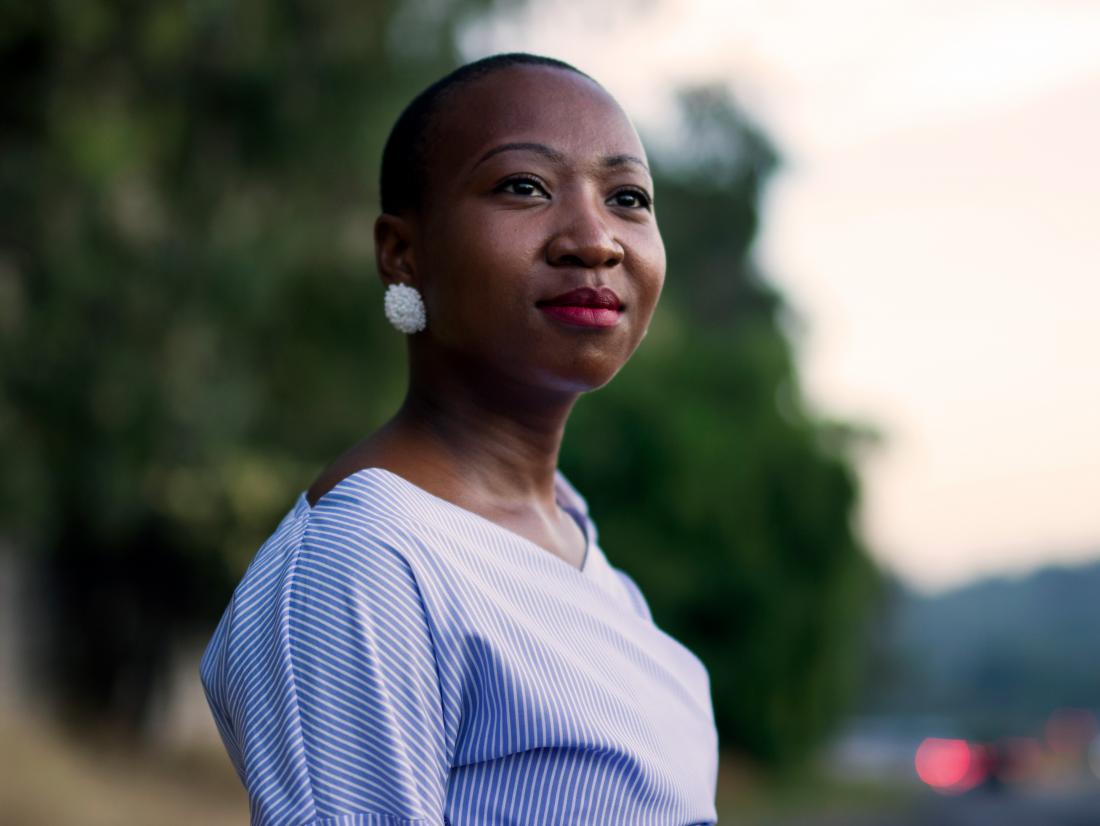As the tumultuous 1960s unfolded, a unique cultural renaissance emerged, characterized not only by political upheaval but also by a resurgence of artistic expression. Female folk singers, in particular, emerged as pivotal figures, using their voices to narrate the complexities of their time, thus shaping the ethos of a generation. Their music was a delicate tapestry, interwoven with themes of love, struggle, social justice, and personal introspection. This article delves into the lives and legacies of some of the most influential female folk singers of the 60s, illuminating the profound impact they had on the musical landscape and broader societal narratives.
Joan Baez: The Voice of Protest
Joan Baez’s ethereal voice became synonymous with the folk revival of the 1960s. Emerging from the vibrant Cambridge, Massachusetts scene, her career took flight as she blended traditional folk melodies with contemporary lyrical content. Baez not only championed the art of amplification through music but also wielded her platform as a profound advocate for civil rights and anti-war movements. Songs like “We Shall Overcome” transcended mere melody; they became anthems of hope and resistance. Baez’s unwavering commitment to social justice was evident as she participated in protests, often getting arrested for her beliefs, and influenced a legion of artists to use their craft as a vehicle for activism.
Joni Mitchell: The Poet of the Heart
Joni Mitchell, with her exceptional lyrical wit and innovative chord progressions, redefined the boundaries of folk music. As a Canadian artist, Mitchell’s distinctive blend of jazz, rock, and folk genres rendered her a unique voice that resonated far beyond borders. Her landmark album “Blue” encapsulated the complexities of love, alienation, and self-discovery. Tracks like “A Case of You” and “Both Sides, Now” showcased her penchant for profound storytelling, inviting listeners into her innermost thoughts while simultaneously addressing universal themes. Moreover, Mitchell’s fearlessness in exploring vulnerability paved the way for subsequent generations of female songwriters to embrace authenticity in their narratives.
Odetta: The “Voice of the Civil Rights Movement”
Often celebrated as the voice of the civil rights movement, Odetta Holmes possessed a powerful and resonant voice that commanded attention. With roots deeply entrenched in African American cultural narratives, her renditions of folk songs breathed new life into the genre. Odetta’s interpretation of traditional spirituals and work songs was not merely a homage to her heritage; it was a clarion call for social change. She inspired artists like Baez and Bob Dylan, who acknowledged her profound influence on their work. Furthermore, her presence as a black woman in the predominantly white folk scene of the 60s challenged societal norms and expanded the conversation about race and representation in music.
Phyllis Hyman: The Unexpected Voice
While often overshadowed by her contemporaries, Phyllis Hyman’s contribution to the folk genre deserves recognition. Her profound and rich vocal quality captivated audiences, and her ability to blend various genres helped in shattering conventional boundaries prevalent in music during that era. Hyman’s lyrical themes often mirrored her personal struggles, encompassing her battles with love and self-identity. Her track “You Know How to Love Me” showcased her ability to navigate emotional waters with grace, thus drawing listeners into her world. The rawness of her experiences offered a unique narrative that resonated with many, ultimately paving the way for discussions on mental health and emotional vulnerability.
Buffy Sainte-Marie: The Indigenous Voice
Buffy Sainte-Marie’s unique background as a member of the Cree Nation carved a space for indigenous perspectives within the folk realm. Her music was a striking blend of advocacy and artistry, as she tackled issues of social justice, war, and the experience of indigenous peoples in America. Sainte-Marie’s contribution, particularly through her song “Universal Soldier,” highlighted the absurdity of war and its impact on humanity. Her boldness in addressing political subjects within her music distinguished her in a time when many artists shied away from controversy. Furthermore, she utilized her platform to elevate other indigenous voices, embodying a sense of community and solidarity.
The Legacy: A Tapestry of Voices
The female folk singers of the 60s forged a path that extended beyond music; they became voices for change, advocates for equality, and representatives of various marginalized experiences. Their contributions to the folk genre illuminated the power of storytelling and emotional resonance, encouraging a generation to reflect on their societal roles and fostering a spirit of rebellion and introspection. The 60s folk scene became a rich tapestry of voices, each thread representing a story—a journey of triumph and tribulation, love and loss, hope, and despair.
As the decades have passed, the influence of these women continues to reverberate throughout modern music. Their pioneering spirit paved the way for contemporary artists to embrace their identities and share their unique narratives. In an era characterized by rapid societal change, the folk singers of the 60s remain ever-relevant, reminding us of the enduring power of a song to inspire, challenge, and uplift.

